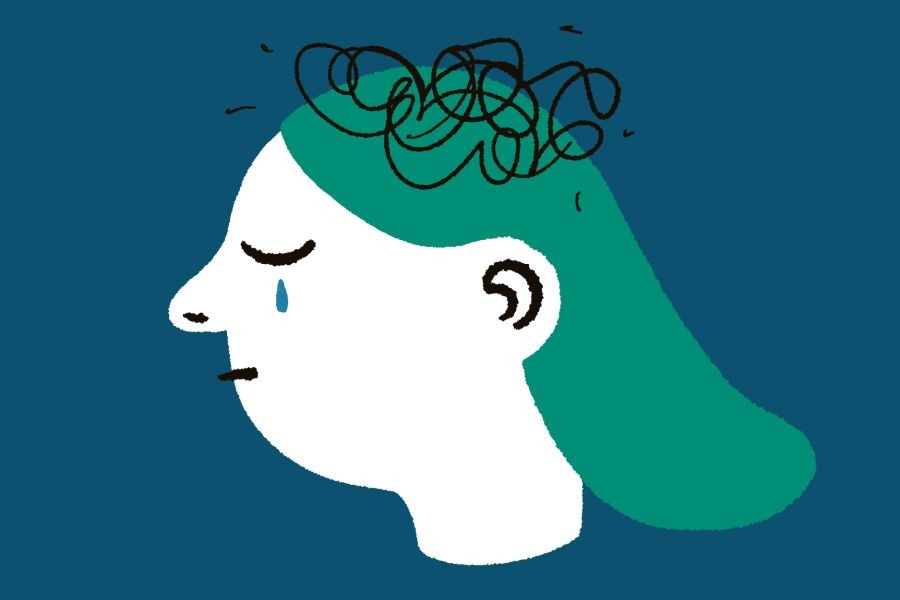In New Zealand, the mental health support system is a critical component of the healthcare framework, yet it faces significant challenges that leave some individuals without adequate care. The implications are not just personal but also economic, affecting productivity and the overall well-being of communities. With the New Zealand government investing heavily in mental health, the question arises: why do gaps still exist in the system?
Understanding New Zealand's Mental Health Landscape
New Zealand has a unique cultural and demographic makeup that influences mental health needs. The country has a high rate of suicide, particularly among youth and Maori communities, making mental health a national priority. According to a 2022 report by Stats NZ, mental health issues account for one of the leading causes of disability in the country, affecting approximately 20% of the population annually.
Case Study: The Struggles of a Wellington-Based Entrepreneur
Meet Lisa, a Wellington-based entrepreneur who experienced severe burnout while trying to balance her startup with family responsibilities. Despite reaching out for help, she found the system overwhelmed, with long wait times and limited specialist availability. This scenario is not uncommon, as many Kiwis face similar hurdles when seeking mental health support.
Key Challenges in the System
- Resource Constraints: Despite increased funding, the mental health sector lacks sufficient professionals. The Ministry of Health reported a shortage of psychologists and psychiatrists, leading to burnout among existing staff.
- Access Issues: Rural areas face significant barriers to accessing mental health services. Telehealth services provide some relief, yet not all regions have adequate internet infrastructure to support it.
- Cultural Sensitivity: The system often fails to address the unique cultural needs of Maori and Pacific communities. Initiatives like Whānau Ora aim to integrate cultural perspectives, but gaps remain.
Expert Insight: Balancing Demand and Supply
Dr. Emily Carter, a leading psychologist in Auckland, emphasizes the need for systemic change. "The demand for mental health services outpaces supply. We need innovative solutions, such as integrating AI-driven tools for initial assessments and expanding community-based care to alleviate pressure on the system."
Global Examples and Lessons for New Zealand
Countries like Denmark and the Netherlands have successfully integrated community-based mental health models, reducing the burden on hospitals and improving patient outcomes. By decentralizing services and focusing on prevention and early intervention, these models offer valuable lessons for New Zealand.
Pros vs. Cons of Current Strategies
Pros:
- Increased funding has raised awareness and reduced stigma around mental health.
- Telehealth services have improved access for some, particularly during the COVID-19 pandemic.
- Innovative programs, such as Youthline, provide targeted support for young people.
Cons:
- Long wait times persist due to a shortage of mental health professionals.
- Rural and remote communities remain underserved.
- Cultural competency in services needs improvement to cater to diverse populations.
Debunking Common Myths
- Myth: "Mental health issues are less severe than physical health problems." Reality: Mental health conditions can be as debilitating as physical illnesses, affecting every aspect of life, including work and relationships.
- Myth: "Only those with severe conditions need professional help." Reality: Early intervention can prevent the escalation of mental health issues, making it crucial for individuals to seek help at the first sign of distress.
Actionable Strategies for Improvement
- Integrate Technology: AI and machine learning can optimize resource allocation and provide preliminary assessments, easing the burden on professionals.
- Expand Community Programs: Strengthening community-based initiatives can offer personalized support and reduce stigma.
- Enhance Cultural Competency: Training for professionals to improve cultural understanding will ensure more inclusive care.
Future Trends in Mental Health Support
By 2026, New Zealand is expected to see a shift towards a more integrated mental health model, combining technology with traditional care methods. The Reserve Bank of New Zealand predicts that innovative mental health solutions could contribute significantly to the economy by improving workforce productivity and reducing healthcare costs.
Conclusion
New Zealand's mental health support system is at a crossroads, with opportunities for significant improvements through innovation and cultural integration. By addressing current gaps and leveraging technology, New Zealand can create a more inclusive and effective mental health framework.
Call to Action: Join the conversation on how New Zealand can enhance its mental health support system. Share your thoughts and experiences in the comments below!
People Also Ask
- How does the mental health system impact New Zealand businesses? The system influences productivity and absenteeism, with businesses losing approximately $1.5 billion annually due to poor mental health (Source: MBIE).
- What are the biggest misconceptions about mental health in New Zealand? A common myth is that mental health issues are less severe than physical ones. However, they significantly affect quality of life and economic productivity.
Related Search Queries
- Mental health support in New Zealand
- New Zealand mental health crisis
- Telehealth services in New Zealand
- Maori mental health programs
- Impact of mental health on NZ economy


































claytighe44846
9 months ago